Venezuela bans key opposition leader in tense crisis
The wave of protests has revived fears of broader unrest in Venezuela
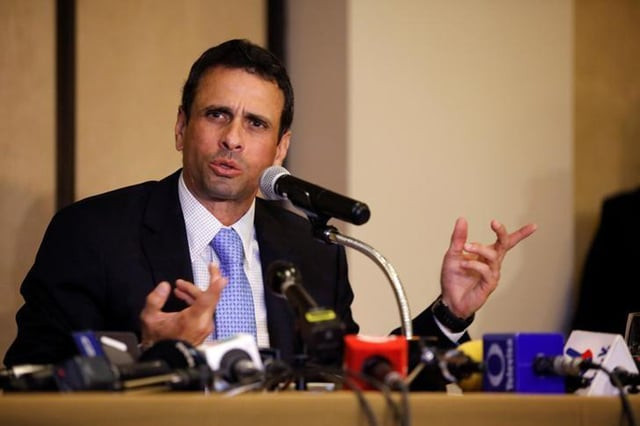
Venezuelan opposition leader Henrique Capriles. PHOTO: REUTERS
Henrique Capriles was one of the leaders of mass demonstrations this week against socialist President Nicolas Maduro that led to clashes with police. One protester died.
State comptroller Manuel Galindo imposed a "sanction of disqualification from exercising public office for a period of 15 years," his institution said in a ruling made public by Capriles himself.
International alarm as Venezuela accused of 'coup'
The ruling said the sanction was due to "administrative irregularities" by Capriles in his post as governor of the northern state of Miranda.
Capriles rejected the move and insisted he would retain his post as governor, branding Maduro a dictator.
"The only one who is disqualified in this country is Nicolas Maduro. They can stick their disqualification where the sun don't shine," he told a news conference.
"If the dictatorship is squealing, it is a sign that we are making progress."
The state authority's move effectively bans Capriles, a lawyer of 44, from running against Maduro in a general election due next year.
If effective, it will remove from the political ring one of the most prominent contenders in the center-right opposition MUD coalition, which is pushing to remove Maduro from office.
Capriles's allies vowed to push ahead with further protests planned for Saturday.
"The dictatorship wants to choose its opposition. Shall we let it? No. Tomorrow we continue," wrote leading lawmaker Freddy Guevara on Twitter.
Capriles branded Friday's ban part of what the opposition alleges is a "coup" by allies of Maduro, who is resisting opposition calls for a vote on removing him from power.
"This is all part and package of the internal coup," Capriles said on Twitter, branding the government a "corrupt drug-trafficking leadership."
Capriles lost narrowly in the 2013 election that brought Maduro to the presidency after the death of his mentor Hugo Chavez -- father of Venezuela's "socialist revolution."
After this week's demonstrations, Maduro dismissed Capriles as "politically finished."
Another pro-government leader, Freddy Bernal, alleged Capriles was inciting protests "looking for a few deaths to set the country alight."
Venezuela's political crisis intensified last week when the Supreme Court issued rulings curbing the powers of the opposition-controlled legislature.
The court has consistently ruled in Maduro's favor since the opposition majority took its seats in the National Assembly legislature in January 2016.
It drew international criticism for last week's rulings, which seized the assembly's powers and revoked lawmakers' immunity from prosecution.
The court reversed the rulings days later, but the opposition intensified its protests, prompting police to fire tear gas. Capriles can appeal against his sanction within two weeks to the comptroller and within six months to the Supreme Court.
Clashes at Venezuela protest against 'dictatorship'
The collapse in prices for Venezuela's crucial oil exports has sapped the country's revenues. Ordinary Venezuelans are suffering from shortages of food, medicine and basic goods along with a surge in violent crime.
The opposition blames Maduro for the economic crisis. He says it is due to a capitalist conspiracy backed by the United States. He retains the public support of the military -- a pillar that analysts say could make him topple if removed.
A 19-year-old protester was shot dead during protests on Thursday, the third consecutive day of violence. Public prosecutors said they would charge a policeman over the killing.
The wave of protests has revived fears of broader unrest in Venezuela, where 43 people were killed during riots in 2014.
The country has undergone three attempted military coups since 1992.
"Maduro is scared that I will be the new commander in chief. But don't worry, sooner or later, there will be one," Capriles told supporters, claiming some military members reject his punishment.

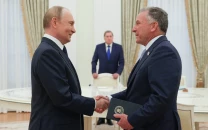
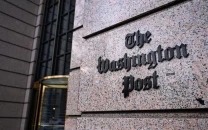
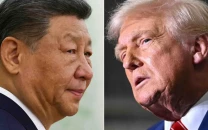
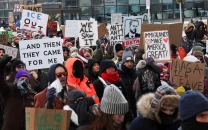
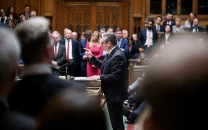
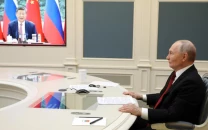












COMMENTS
Comments are moderated and generally will be posted if they are on-topic and not abusive.
For more information, please see our Comments FAQ